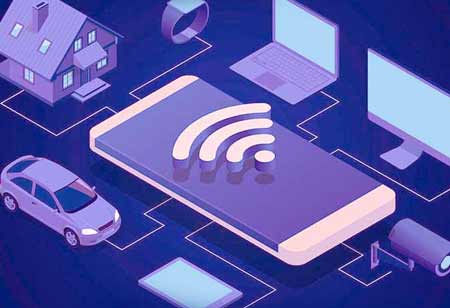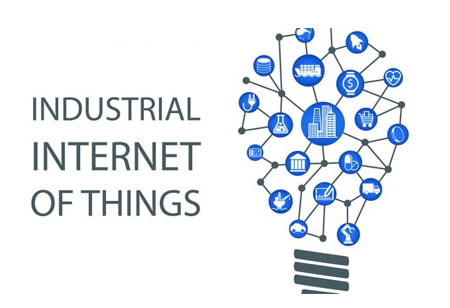THANK YOU FOR SUBSCRIBING
The Security Advantages and Disadvantages of IoT Smart Home Devices
With the adoption of any new technology comes skepticism about its efficacy and, more often than not, its security and dependability. Intelligent devices, on the other hand, can add significant value to your daily life

By
Apac CIOOutlook | Monday, February 01, 2021
Stay ahead of the industry with exclusive feature stories on the top companies, expert insights and the latest news delivered straight to your inbox. Subscribe today.
However, devices linked to the Internet of Things (IoT) are a double-edged sword. Along with the excitement of technological advancement comes the lingering fear of security concerns, mainly digital or cloud-based technology. Here, we'll look at some of the main benefits and drawbacks of smart home devices.
Fremont, CA: With the adoption of any new technology comes skepticism about its efficacy and, more often than not, its security and dependability. Intelligent devices, on the other hand, can add significant value to your daily life by automating tasks and increasing productivity, making the risks worthwhile for some users.
Security: Contrary to popular belief, connecting your home to specific intelligent devices can help protect your property from intruders. The most common methods are window and door sensors, smart cameras and locks, and video doorbells. These security features enable you to visually inspect your home from anywhere in the world using your smartphone. One of the benefits of an intelligent home is increased peace of mind, and securing your home when you travel has never been easier.
Convenience: One of the primary reasons people opt for IoT is increased convenience.
The ability to remotely control your air conditioner, for example, allows you to monitor conditions in your home from anywhere in the world. In addition, you no longer need to search your music library for your favourite song — Alexa will do it for you!
Business Operations have been Streamlined: The utility of IoT extends far beyond the home, but the lines between home and business are frequently blurred these days. A smart home system may be essential for streamlining your business processes if you work from home. Smart devices are particularly useful in medicine and agriculture, where they can reduce waste and increase customer satisfaction.
Cons Internet Dependability: Because intelligent devices rely on the Internet and electricity, you may be stranded during a power outage or severe weather event. Of course, backup supply options exist, but they come at a price that many people are unwilling to pay at this time.
Privacy Concerns: As we move toward greater adoption of IoT devices, homeowners, renters, and business owners are concerned about privacy and cybersecurity. Hacking and security risks are always present, and virtual crime is more complex than physical crime. Therefore, all software, intelligent devices, and networks must be secure against attack for widespread adoption. Bluetooth, too, has security flaws and is vulnerable to viruses and eavesdropping.
Cost: One consideration when purchasing intelligent devices for your home is price, which varies depending on the devices you want and whether a professional installation is required. Fortunately, IoT devices are relatively inexpensive in the long run, but when you're just getting started, you might prefer to look into affordable, intelligent home products, such as brilliant blinds and motion sensors; the former can reduce heat gain by up to 45 percent, while the latter can save you up to 30 percent on your monthly utility bill!





